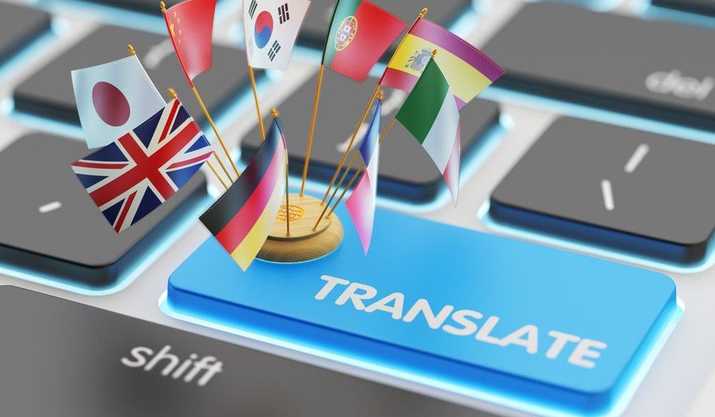Translating into English: The Art, the Challenge, and the Native Speaker's Touch

Introduction
The world speaks English, but it doesn't always understand it. Translation into English, with its rich dialectal variations and constantly evolving vocabulary, is not just a mechanical task but a craft that requires expertise and finesse. The growing need for rapid translations has turned many to quick fixes, like machine translations or unqualified freelancers, only to face compromised quality. But does a proper English translation necessitate a native speaker's scrutiny? Let's delve into this question.
English: The Multifaceted Language
English surrounds us daily. It's a language known for its complexity despite its widespread use. Over 10 unique dialects tied to cultural nuances and locations add layers to this complexity. Each year, the language blooms with new words, phrases, and forms. This dynamism makes English translation not just a demand among businesses but a state necessity. The quest for competent, native-speaking translators thus remains an ongoing challenge.
The Tricky Terrain of English Translation
Machine Translation: A Double-Edged Sword
Economic interests often guide people to opt for machine translation. It's fast and universal but fraught with risks. Grammatical errors are just the tip of the iceberg. The unnatural flow, loss of context, and overlooked subtleties can dent the message and the image of the one conveying it, be it an individual or a corporate entity.
Freelance Translators: Bargain or Gamble?
Many companies lean towards freelance translators, lured by up to 50% savings. While they promise quick turnarounds, finding translators with the requisite expertise is akin to finding a needle in a haystack. The drive for personal gain often overshadows quality, leaving the client with subpar translations.
Crafting Excellence: How to Avoid Common Pitfalls?
Professional translation in places like Ukraine is no longer an exclusive service. With abundant resources, self-learning tools, and specialized companies, quality translation is accessible to all. Here's how to navigate this terrain:
- Identify the Genre and Volume: Understand what and how much needs translating. This prepares you for selecting the right service and cost planning.
- Collaborate and Plan: Engaging directly with the specialist and adhering to their recommendations can enhance translation quality by up to 90%. Experienced translators can also guide in presenting the text effectively.
Conclusion: The Native Speaker's Role
So, does an English translation require a native speaker's touch? The complexity of the language, the potential pitfalls of machine and freelance translations, and the critical impact on business and reputation indeed argue for professional handling. While a native speaker might not be an absolute necessity, their cultural insights and intuitive understanding of idioms and expressions add an irreplaceable depth and authenticity.
Navigating the world of English translation is no mere transaction. It's an investment in accuracy, reliability, and reputation. Whether to involve a native speaker or not depends on the stakes of the translation. If the goal is to communicate not just words but the spirit of the message, perhaps that native touch is not just a preference but a priority.

